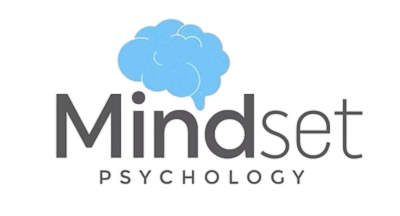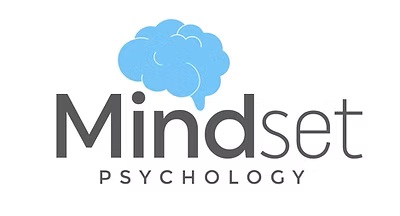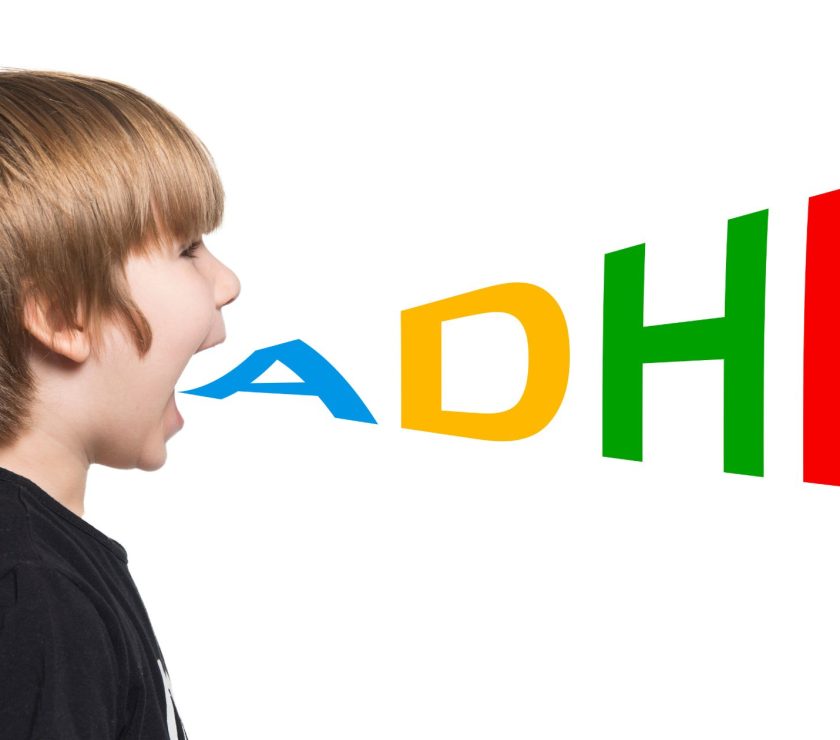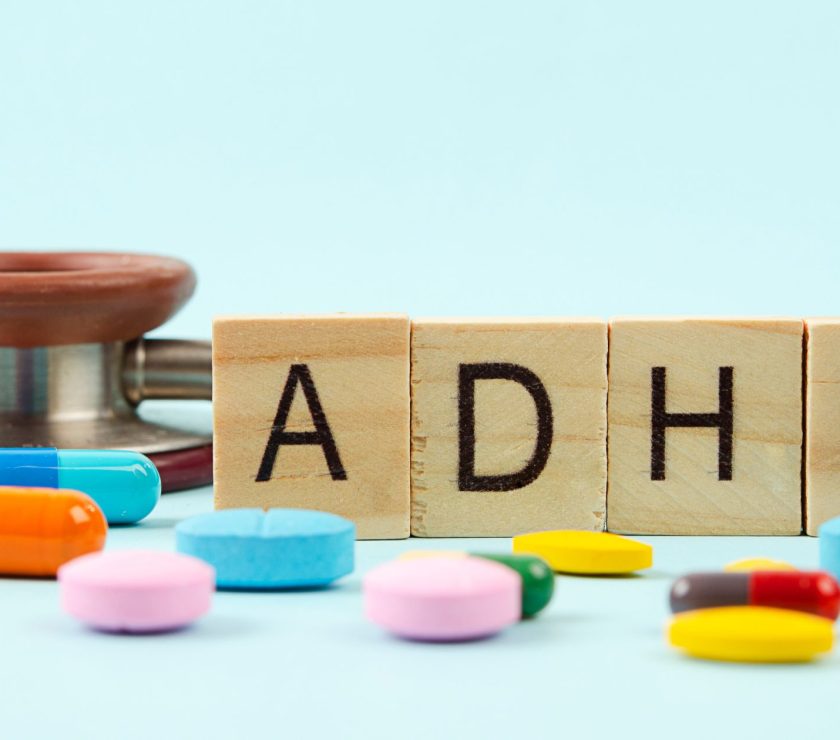More people are talking about ADHD these days—and that’s a good thing. As awareness continues to grow, so does our understanding of how ADHD shows up not just in early years, but in teens and adults, too. Whether it’s the young student who can’t sit still in class, the teen who forgets every assignment, or the adult who’s constantly overwhelmed by daily tasks, ADHD can affect just about every part of life.
The good news? Therapy can make a real difference. While medication is often part of a comprehensive ADHD treatment plan, working with a therapist can help you develop the tools and self-awareness needed to manage symptoms and build confidence. If you’ve ever found yourself searching for a therapist for ADHD near me, wondering what to expect or how it might help, you’re not alone. Let’s break it down, step by step.
Understanding ADHD and Its Impact
ADHD—short for Attention-Deficit/Hyperactivity Disorder—is often misunderstood as simply a problem with focus or hyperactivity. But it’s much more nuanced than that. The core symptoms usually fall into three categories: inattention, hyperactivity, and impulsivity. That might look like difficulty sitting still, being easily distracted, struggling to follow instructions, or blurting out thoughts without thinking them through.
ADHD might appear as nonstop energy and trouble staying on task. In teens, it could show up as forgetfulness, emotional outbursts, or poor academic performance. And in adults, it often hides behind chronic procrastination, restlessness, time blindness, or difficulty managing relationships and responsibilities.
ADHD isn’t just about attention—it can take a serious emotional toll. Many people with ADHD feel frustrated, misunderstood, and even defeated, especially when they’ve spent years being labeled as lazy, scattered, or difficult. Left untreated, ADHD can chip away at self-esteem and contribute to anxiety, depression, and shame.
The Role of a Therapist in ADHD Treatment
A skilled ADHD therapist plays a key role in helping individuals navigate life with greater ease and confidence. Therapy isn’t about “fixing” someone with ADHD—it’s about understanding how the brain works and building strategies to support success in everyday life.
Therapists help clients develop emotional regulation, boost self-awareness, and identify specific behaviors that are getting in the way of goals. They teach practical skills—like managing time, organizing tasks, or creating structure—to make daily life more manageable.
Therapists also support clients with co-occurring issues, such as anxiety, depression, or learning differences. And in many cases, they collaborate with psychiatrists for medication management or with schools and educators to create academic support plans.
Whether you’re a parent seeking help, a teenager trying to find your footing, or an adult tired of feeling scattered and overwhelmed, a therapist can be your partner in making life with ADHD a lot more manageable—and a lot less stressful.
What to Expect in Your First Few Sessions?
Starting therapy can feel a bit intimidating, especially if you’re not sure what to expect. But the first few sessions are all about getting to know you, understanding your challenges, and setting a plan for moving forward.
Your first appointment will likely involve an intake session, where the therapist asks about your history, current struggles, family background, and how ADHD is showing up in your life. This might include discussions around school, work, relationships, sleep, routines, and emotional responses.
Next, you’ll work with your therapist to set goals. Maybe you want to manage impulsivity better, reduce forgetfulness, improve focus, or feel more in control of your emotions. These goals help shape a personalized treatment plan.
The therapist will also start building a relationship with you, because trust is key. A strong therapeutic alliance is what makes all the tools and techniques work. Finally, they’ll introduce the approach they use, whether that’s CBT (Cognitive Behavioral Therapy), behavioral therapy, mindfulness-based strategies, or something else.
Ongoing ADHD Therapy: Tools and Techniques You Might Learn
Once therapy is underway, sessions become more focused on skill-building and reflection. You’ll learn practical coping tools tailored to your needs. For example:
Time management techniques to help with lateness and procrastination
Task-breaking strategies for overwhelming assignments or projects
Take the Next Step Toward Healing
You don’t have to navigate life’s challenges alone. Our Long Island therapists provide a safe, supportive space for you to heal and grow.
Mindfulness and grounding tools to improve emotional regulation
Visual supports and checklists to track daily responsibilities
Apps and reminders that keep you on schedule and focused
Cognitive restructuring, to challenge negative self-talk or shame
Parent or family coaching, when appropriate, to improve communication and structure at home.
Therapy also gives you space to explore the emotional impact of ADHD, not just the behaviors. It can help you process feelings of inadequacy or frustration and build confidence through small wins and new habits.
How to Choose the Right ADHD Therapist?
Finding the right ADHD therapist isn’t just about location—it’s about expertise and connection. You’ll want to look for a licensed clinician (LCSW, LMHC, PhD, PsyD, etc.) with experience specifically treating ADHD. Ask whether they work with your age group—whether it’s teens, or adults—and how they typically approach ADHD in therapy.
It’s also worth considering logistics: Do they offer teletherapy? Are they available during the times that work for you or your family? Do they accept your insurance or provide clear, upfront pricing?
Most importantly, you should feel comfortable with the therapist. A good match feels collaborative, supportive, and non-judgmental. You want someone who listens, gets it, and makes you feel capable—even on tough days.
Why Mindset Psychology Is a Top Choice for ADHD Therapy?
At Mindset Psychology, we’ve had the honor of helping teens, and adults manage ADHD with confidence and clarity. Our practice, based in Westchester, NY, offers therapy and psychiatry services that are grounded in research and delivered with compassion.
We have a team of experienced clinicians who specialize in ADHD across all age groups, and we understand how ADHD impacts every area of life—from academics and careers to family and self-esteem. Our therapists use evidence-based approaches, including CBT and behavioral strategies, and tailor every treatment plan to each client’s lifestyle and strengths.
We also offer collaborative care, which means you don’t have to juggle separate providers. If you need both therapy and psychiatry support, we can coordinate it under one roof. We work closely with parents, schools, and other healthcare professionals when needed, so you’re supported on all fronts.
Flexibility is important to us. That’s why we offer both in-person and telehealth sessions, making it easy to stay consistent with therapy even when life gets busy. Our clients often tell us they feel truly seen and understood here, which is the kind of feedback we’re proud to receive.
Whether you’re navigating ADHD as an adult or seeking support for your teen, Mindset Psychology is here to help you thrive, not just cope.
Final Thoughts
ADHD can make life feel messy, frustrating, and overwhelming—but it doesn’t have to be that way. With the right support, therapy can become a powerful tool for understanding your brain, building better habits, and feeling more in control.
You don’t have to manage ADHD on your own. Whether you’re searching for answers or ready to take the next step, the help you need is out there. And if you’re looking for a compassionate, experienced team that truly understands ADHD, Mindset Psychology is here to support you.
Reach out today to schedule a consultation —and start building a path forward that works for you.



